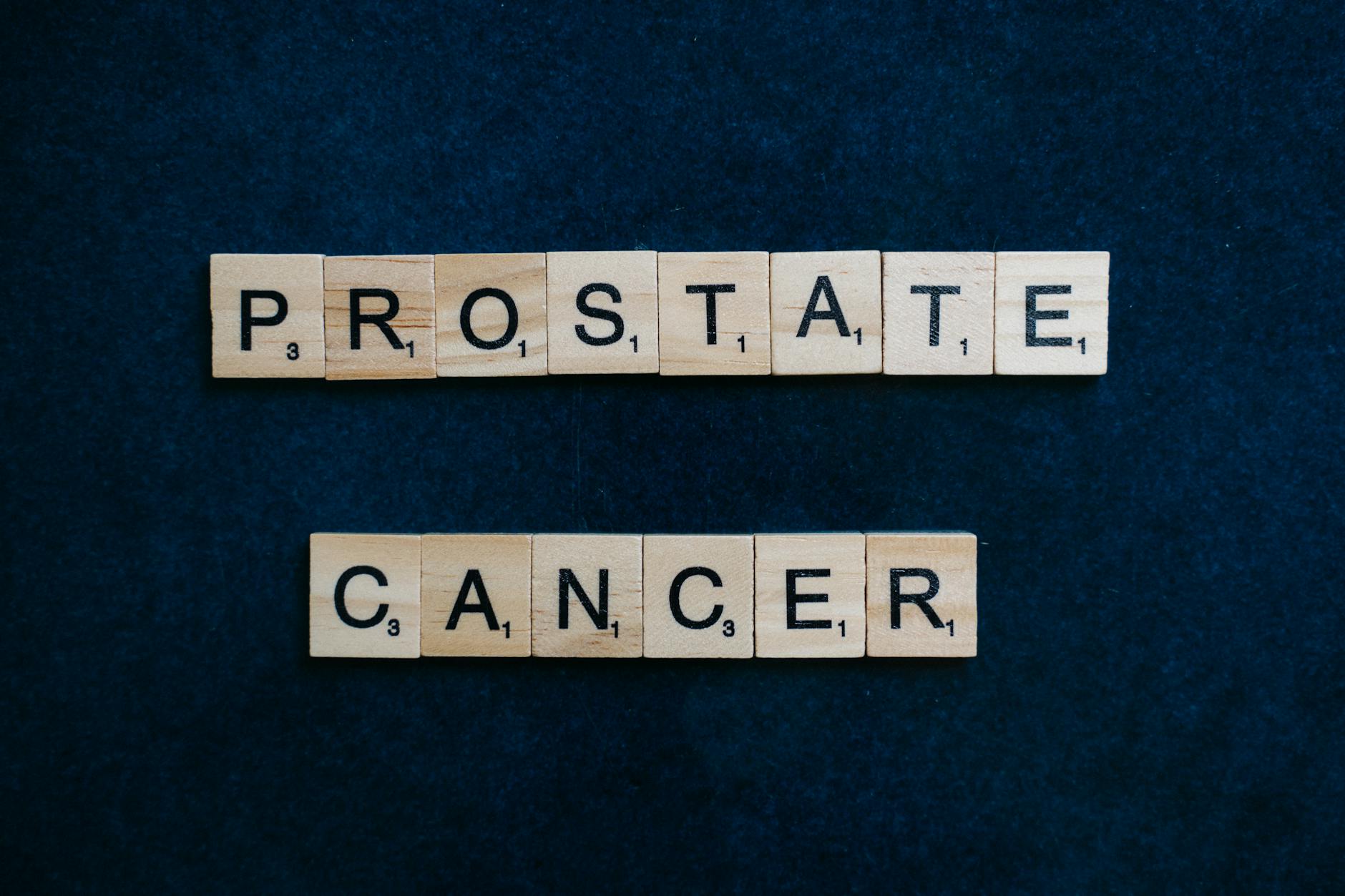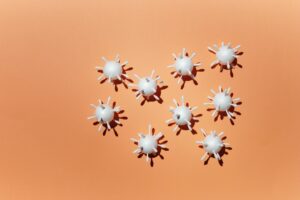Early Stage Prostate Cancer: Complete Treatment Guide

Photo by Anna Tarazevich on <a href="https://www.pexels.com/photo/prostate-cancer-text-8016907/" rel="nofollow">Pexels.com</a>
Prostate cancer is one of the most common cancers in men, but here’s the good news—it’s also one of the most preventable. While no lifestyle plan can guarantee you’ll never face it, research shows that daily habits play a major role in lowering your risk. If you’re new to the subject, this guide lays out the essentials you need to know about prostate cancer prevention, covering diet, exercise, screenings, and simple changes that can protect your health long-term.
Why Prevention Matters
The prostate is a small gland that plays a big role in men’s health. As men age, the risk of developing prostate problems—including cancer—goes up. In the U.S. alone, nearly 300,000 new cases are diagnosed each year. Many men don’t realize that lifestyle and environment are just as important as genetics in determining who gets prostate cancer and who doesn’t. The takeaway? You can’t change your DNA, but you can change your habits.
Eat to Support Prostate Health
Your diet is the front line of defense. Certain foods contain compounds that help reduce inflammation, regulate hormones, and support cell repair. Others may increase your risk if eaten too often.
Best foods for prevention:
- Tomatoes & tomato products: Rich in lycopene, a powerful antioxidant linked to lower prostate cancer risk.
- Green tea: Polyphenols in green tea may slow cancer cell growth.
- Fatty fish (salmon, sardines, mackerel): Omega-3s help reduce inflammation.
- Cruciferous vegetables (broccoli, cauliflower, kale): Contain sulforaphane, which may help the body fight cancer-causing agents.
- Berries: Packed with antioxidants to protect cells from damage.
Foods to limit:
- Processed meats (bacon, sausage, deli meats)
- Excessive dairy and high-fat animal products
- Fried and fast food loaded with trans fats
Think of food as medicine—what you put on your plate each day really matters.
Keep Moving: Exercise as Protection
Exercise isn’t just about staying in shape—it’s a powerful shield against prostate cancer. Regular physical activity helps regulate hormone levels, reduce inflammation, and maintain a healthy weight (obesity has been directly linked to higher risk).
How much is enough?
- Aim for at least 150 minutes of moderate exercise (like brisk walking, cycling, or swimming) per week.
- Add 2–3 days of strength training to support overall health and hormone balance.
Even small steps count. If the gym isn’t your thing, consistent walking, yard work, or home workouts make a difference.
Manage Stress and Sleep
Stress and poor sleep often get overlooked, but both play into prostate cancer risk. Chronic stress increases inflammation and weakens immune defenses. Poor sleep affects hormone regulation, particularly melatonin, which has protective effects against cancer.
- Practice stress-relieving habits like meditation, journaling, or even regular outdoor time.
- Aim for 7–8 hours of quality sleep per night.
- Keep electronics out of the bedroom—blue light disrupts melatonin production.
Protecting your mental health is just as important as protecting your body.
Know Your Risk Factors
Not every man has the same level of risk. Some factors are beyond your control:
- Age: Risk rises after 50.
- Family history: Having a father or brother with prostate cancer doubles your risk.
- Ethnicity: African American men face a higher risk and more aggressive forms of the disease.
But knowing your risk means you can be proactive. Men in higher-risk categories should be especially mindful of screenings and lifestyle changes.
Screenings: Prevention Through Early Detection
No, screenings don’t prevent cancer directly—but they can catch it before it spreads, when treatment is most effective. The two common tests are:
- PSA (Prostate-Specific Antigen) blood test
- Digital Rectal Exam (DRE)
Guidelines differ, but most experts recommend men start discussing screenings with their doctor around age 50—or earlier (around 40–45) if they’re in a high-risk group.
The key is awareness: don’t avoid screenings out of fear. Early detection saves lives.
Supplements and Natural Support
Supplements aren’t a substitute for lifestyle, but some may support prostate health:
- Zinc and selenium: Linked to prostate health, but overuse may backfire—always check with a doctor.
- Vitamin D: Low levels have been associated with higher cancer risk.
- Saw palmetto and beta-sitosterol: Popular in prostate health supplements, though results are mixed.
If you’re considering supplements, focus on quality and look for products with transparent third-party testing.
Putting It All Together
Here’s the bottom line for beginners:
- Eat clean: More plants, less processed junk.
- Stay active: Move your body daily.
- Protect your mind: Stress less, sleep more.
- Know your risks: Family history and age matter.
- Don’t skip checkups: Screenings save lives.
Preventing prostate cancer isn’t about one big change—it’s about small, consistent choices that stack up over time. Start with one habit, then build from there.
Final Thoughts
Prostate cancer prevention doesn’t have to be complicated. It’s about eating better, moving more, reducing stress, and staying informed about your health. The earlier you start making these changes, the more powerful their impact. Think of prevention as an investment—you’re not just protecting your prostate, you’re protecting your quality of life for years to come.




